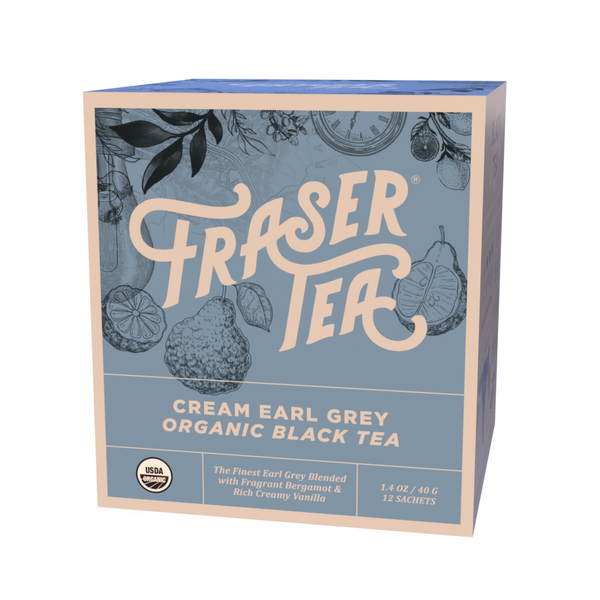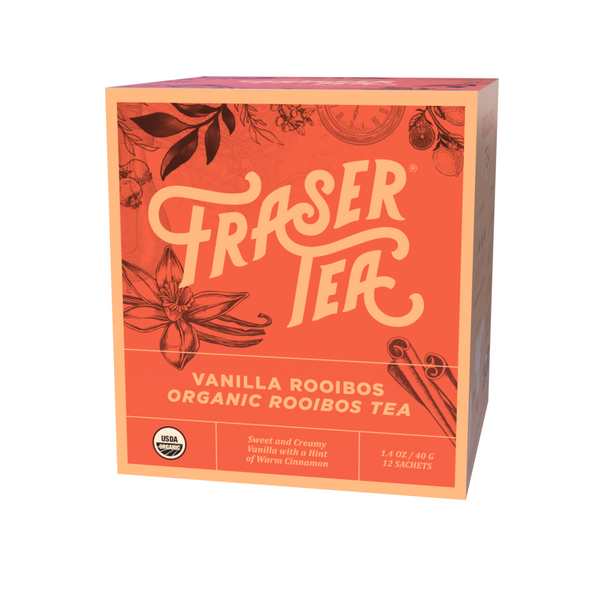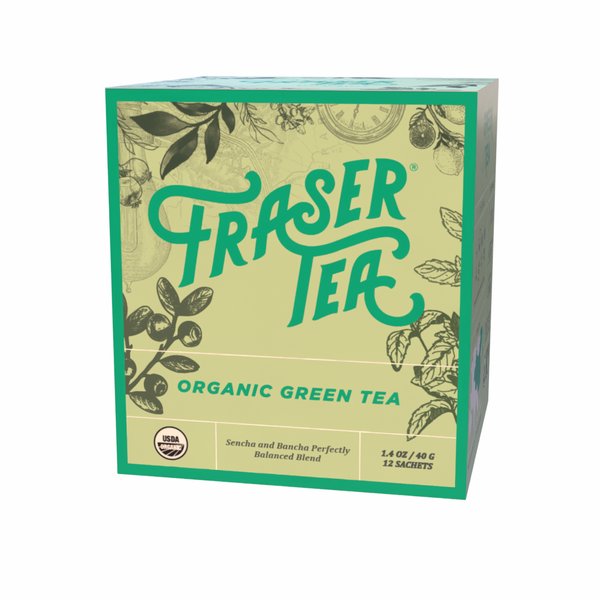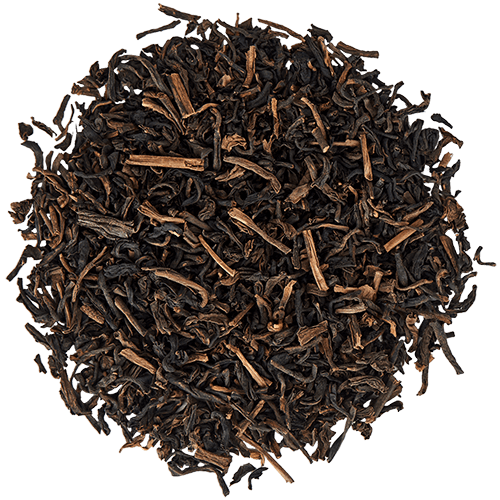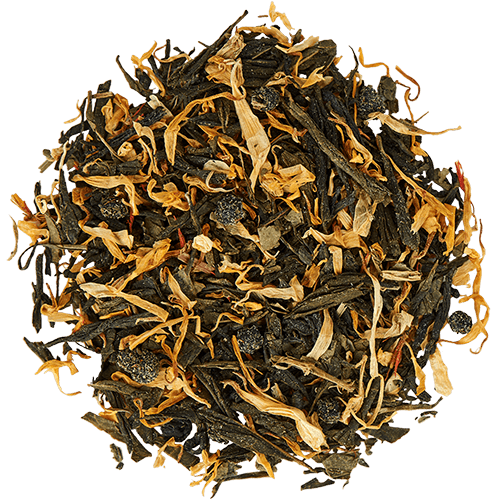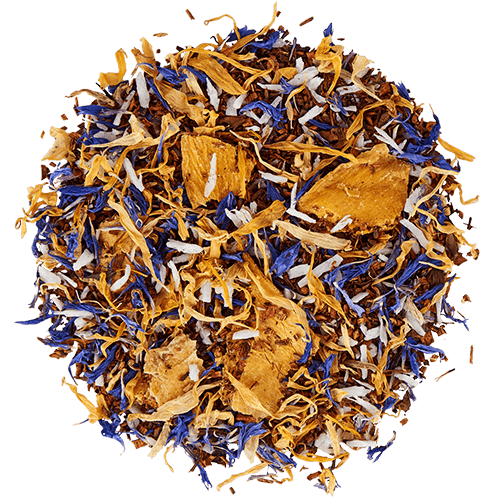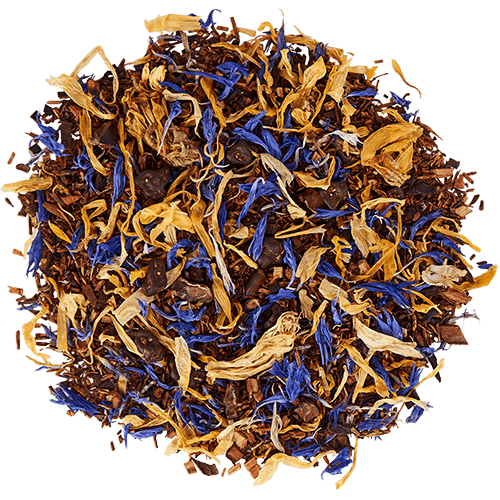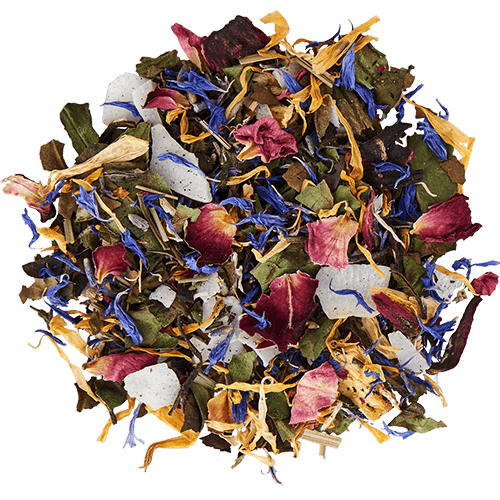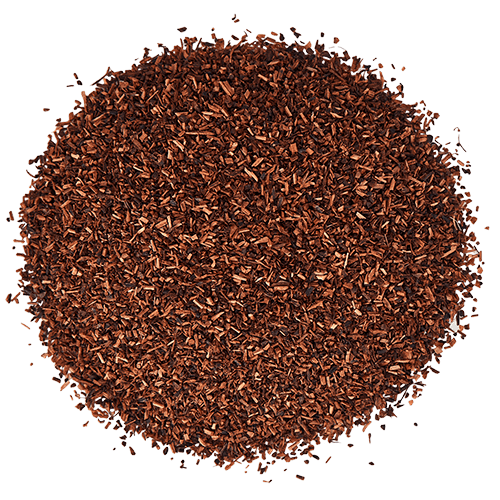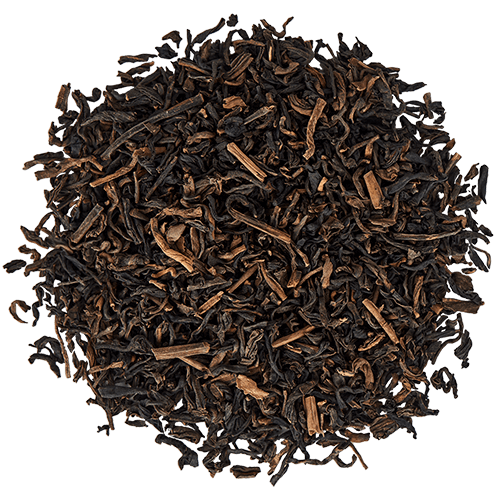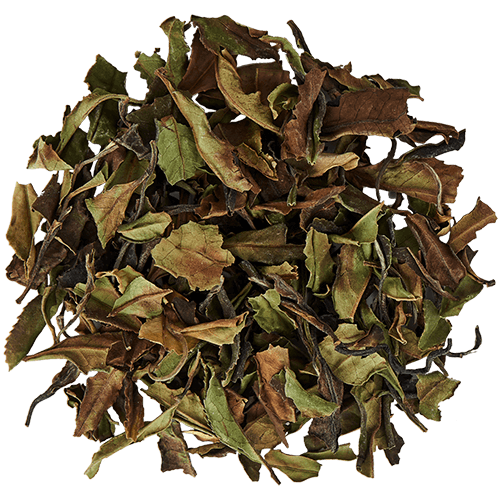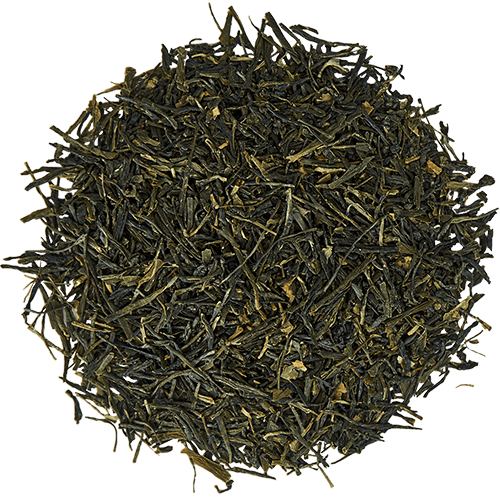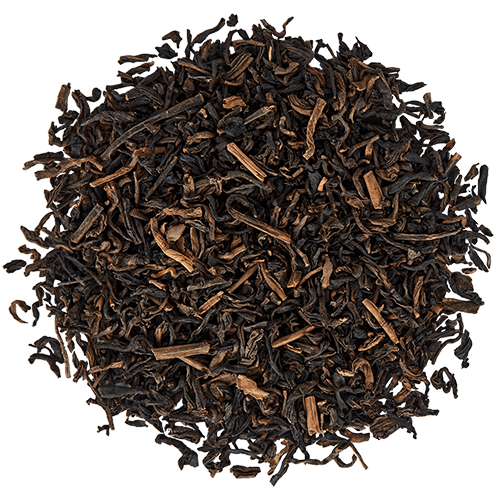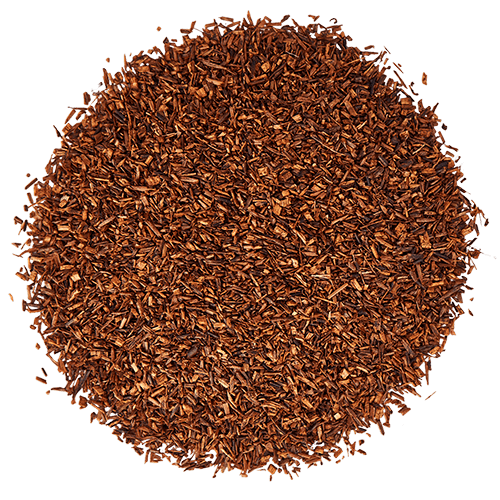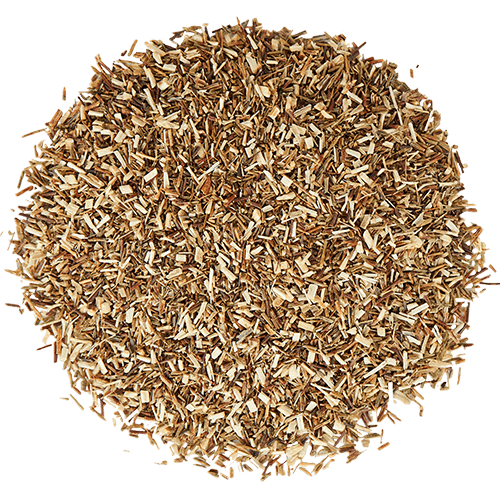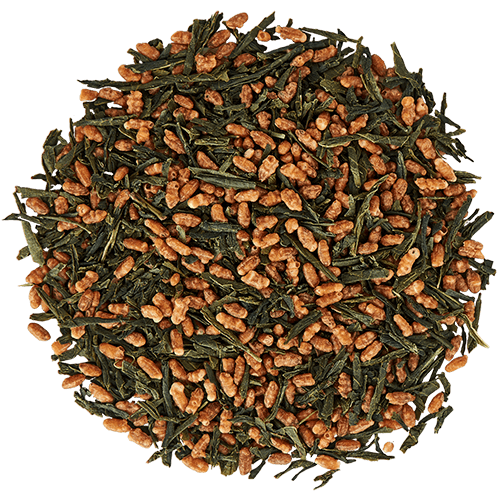Heart Health Tea


-


Cream Earl Grey Organic Black Tea
-



Vanilla Rooibos Organic Rooibos Tea
-


Organic Green Tea
-


Decaffeinated Cream Earl Grey Organic Black Tea
-


Honey Ginseng Organic Green Tea
-


Mango Tango Organic Rooibos Tea
-


Organic Rooibos Chocolate Cream
-


Lavender Paradise Organic White Tea
-


Honeybush Organic Herbal Tea
-


Decaffeinated Organic Black Tea
-


Bai Mu Dan Organic White Tea
-


Gyokuro Green Organic Green Tea
-


Decaffeinated Earl Grey Organic Black Tea
-



Organic Rooibos Tea
-


Organic Green Rooibos Tea
-


Genmaicha Organic Matcha Tea
Heart Health Tea

A cozy cup of Organic Fraser Tea® is not only delicious for teatime but also may be good for your heart health.
Choosing the best tea for your preferred taste and health goals should always be discussed with your primary care physician first.
Did you know that drinking just 2 or more cups of tea a day can reduce your risk for cardiovascular disease? In a study in the Annals of Internal Medicine, they followed almost 500,000 men and women from the UK ranging from 40 to 69 years. During the follow up assessment, the avid tea drinkers had a significant lower mortality rate for cardiovascular disease, ischemic heart disease, and strokes.
Prevention of heart disease is 100 times better than the cure! And more delicious…Drinking a heart healthy tea along with a healthy diet and exercise plan is a simple way to keep the ticker happy and pumping. In addition, black teas, green teas, white teas, and rooibos can all help your cardiovascular system in different ways. Let’s review that now.
The next time you are enjoying a hot cup of Decaffeinated Cream Earl Grey Organic Black Tea or any of our organic black teas, you will be delighted to know the flavonoids (antioxidants) may be helping to reduce blood pressure, cholesterol and triglyceride levels. In a large review study in Advanced Nutrition, for every cup of tea drank, there was an average 4% lower risk of cardiovascular mortality and stroke. Black teas and green teas are some of the best teas for lowering cholesterol.
Did you know that one person dies every 34 seconds in the United States due to heart disease? Think about this…If you exchange your morning coffee with an Organic Green Tea or Matcha, its half the caffeine. In addition, green tea’s catechins (heart happy antioxidants) may help reduce heart inflammation and lower lipids (fats) that circulate in your blood. The Best Time to Drink Green Tea is in the morning for heart health.
Don’t forget about our Organic White Teas! Not only are white teas the least processed of all the teas, but they are very relaxing to sip on. For example, our Lavender Paradise Organic White Tea has special polyphenols (antioxidants) that may help with better circulation and relax your blood vessels.
Lastly consider organic rooibos tea. Rooibos has a lot going for it. It’s naturally sweet, caffeine free and has promising effects of reduction of cholesterol according to a study in the Journal of Ethnopharmacology.
Organic rooibos tea may help reduce angiotensin converting enzyme (ACE), according to a study published in Public Health Nutrition. You may be wondering why this is important, right? ACE is one of the many enzymes responsible for converting substances that narrow your blood vessels. When your blood vessels narrow, this may cause your blood pressure to increase. Rooibos tea may be one of the best teas to lower your blood pressure because of its ability to decrease the ACE which stimulates other enzymes to narrow the arteries.
As you can see, there are a lot of different organic heart health teas to choose from. Choosing the best tea for your preferred taste and health goals should be discussed with your doctor first, especially if you are on any blood thinners. Always consult with your primary care physician before starting any new diet or exercise plan.
Be Well and Stay Well with our best heart health teas.
Disclaimer: The contents of this website are for informational purposes only and do not constitute medical advice. The Content is not intended to be a substitute for professional medical advice, diagnosis, or treatment. Always seek the advice of a physician or other qualified health provider with any questions you may have regarding a medical condition. Never disregard professional medical advice or delay in seeking it because of something you have read on this website.

Sources:
Maki Inoue-Choi, Yesenia Ramirez, Marilyn C. Cornelis, et al. Tea Consumption and All-Cause and Cause-Specific Mortality in the UK Biobank: A Prospective Cohort Study. Ann Intern Med.2022; 175:1201-1211. [Epub 30 August 2022].
Chung M, Zhao N, Wang D, Shams-White M, Karlsen M, Cassidy A, Ferruzzi M, Jacques PF, Johnson EJ, Wallace TC. Dose-Response Relation between Tea Consumption and Risk of Cardiovascular Disease and All-Cause Mortality: A Systematic Review and Meta-Analysis of Population-Based Studies. Adv Nutr. 2020 Jul 1;11(4):790-814.
Khurana S, Venkataraman K, Hollingsworth A, Piche M, Tai TC. Polyphenols: benefits to the cardiovascular system in health and in aging. Nutrients. 2013 Sep 26;5(10):3779-827.
Marnewick JL, Rautenbach F, Venter I, Neethling H, Blackhurst DM, Wolmarans P, Macharia M. Effects of rooibos (Aspalathus linearis) on oxidative stress and biochemical parameters in adults at risk for cardiovascular disease. J Ethnopharmacol. 2011 Jan 7;133(1):46-52.
Persson IA, Persson K, Hägg S, Andersson RG. Effects of green tea, black tea and Rooibos tea on angiotensin-converting enzyme and nitric oxide in healthy volunteers. Public Health Nutr. 2010 May;13(5):730-7.
Lee CH, Kim JH. A review on the medicinal potentials of ginseng and ginsenosides on cardiovascular diseases. J Ginseng Res. 2014 Jul;38(3):161-6.
